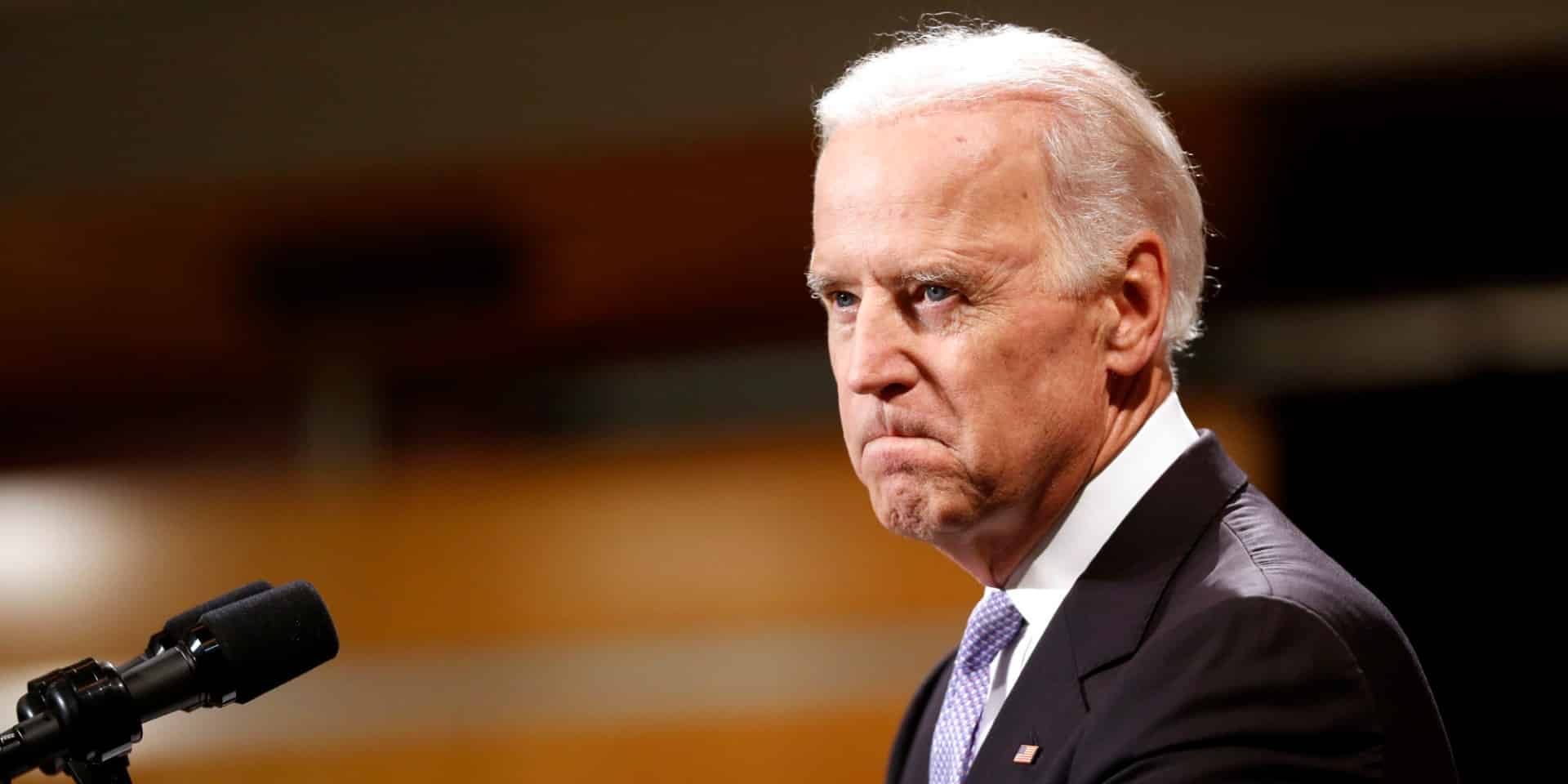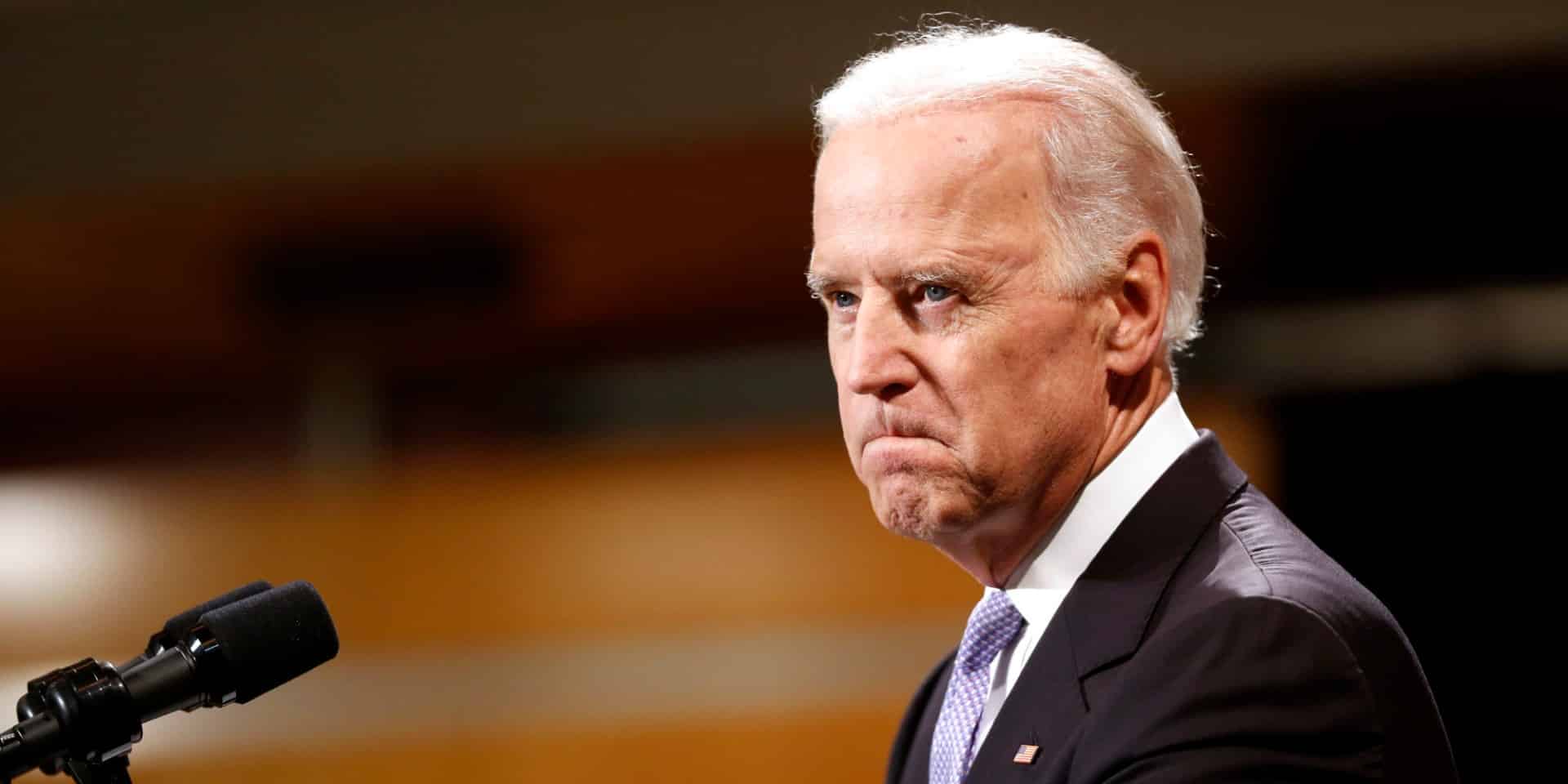A year ago today (on Dec. 30, 2021) US President Joe Biden, in a telephone conversation with Russian President Vladimir Putin, assured him that “Washington had no intention of deploying offensive strike weapons in Ukraine.”
Against that backdrop, bilateral talks in Geneva to start on January 9, 2022 seemed off to a promising start. The Kremlin clearly thought so. Then Biden changed his mind. The key issue of offensive missiles on Russia’s borders fell off the table.
Glimmer of Hope on Dec. 30
The day after the Dec. 30 Biden-Putin conversation, the Kremlin published this readout:
The conversation focused on the implementation of the agreement to launch negotiations on providing Russia with legally binding security guarantees, reached during the December 7 [Putin-Biden] videoconference to launch negotiations … Vladimir Putin … stressed that the negotiations needed to produce solid legally binding guarantees ruling out NATO’s eastward expansion and the deployment of weapons that threaten Russia in the immediate vicinity of its borders. …
It was confirmed that the negotiations would take place first in Geneva on January 9–10 … The presidents agreed to personally supervise these negotiating tracks, especially bilateral, with a focus on reaching results quickly.
In this context, Joseph Biden emphasized that Russia and the US shared a special responsibility for ensuring stability in Europe and the whole world, and that Washington had no intention of deploying offensive strike weapons in Ukraine. … [Emphasis added.]
Hopes Dashed on Feb. 12
After a Feb. 12 telephone conversation between Putin and Biden, Putin aide Yury Ushakov provided the following readout to the media, describing the telephone talk as “follow-up of sorts” to the Dec. 7 and Dec. 30 conversations. Ushakov:
I want to note straight away that the Russian President responded by saying that Russia was going to carefully study President Biden’s proposals … . He made clear, however, that these proposals did not really address the central, key elements of Russia’s initiatives either with regards to non-expansion of NATO, or non-deployment of strike weapons systems on Ukrainian territory … To these items, we have received no meaningful response.
The rest of 2022 is history, as they say. The complete absence of mutual trust – and the lack of contacts at a political and diplomatic level – has driven US-Russia relations down to a perilously low level. I have not seen its like in the half-century I have devoted to watching Russia quite closely.
A kind of denouement came yesterday, as Foreign Minister Sergey Lavrov asserted:
Our proposals for the demilitarization and denazification of the territories controlled by the regime, the elimination of threats to Russia’s security emanating from there, including our new lands, are well known to the enemy.
The point is simple: Fulfill them for your own good. Otherwise, the issue will be decided by the Russian army.
Lavrov again used that curious but important Russian compound word недоговороспособность, denoting Ukraine’s inability to negotiate – at least until Zelensky or a successor gets the okay from Washington.
Enter the Russian army.
Ray McGovern works with Tell the Word, a publishing arm of the ecumenical Church of the Saviour in inner-city Washington. His 27-year career as a CIA analyst includes serving as Chief of the Soviet Foreign Policy Branch and preparer/briefer of the President’s Daily Brief. He is co-founder of Veteran Intelligence Professionals for Sanity (VIPS).
Reprinted with permission from Antiwar.com.


